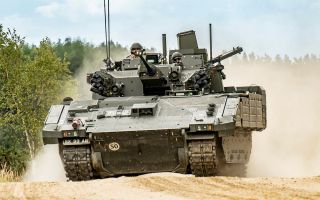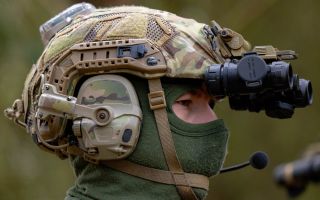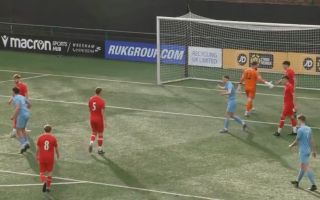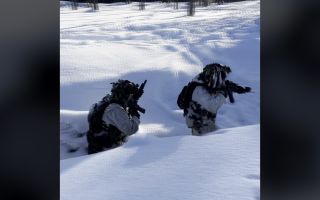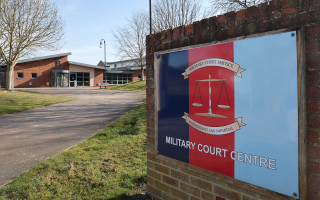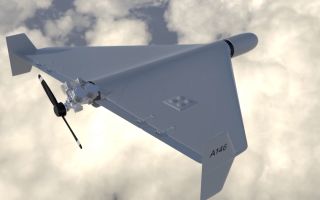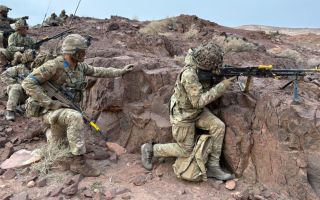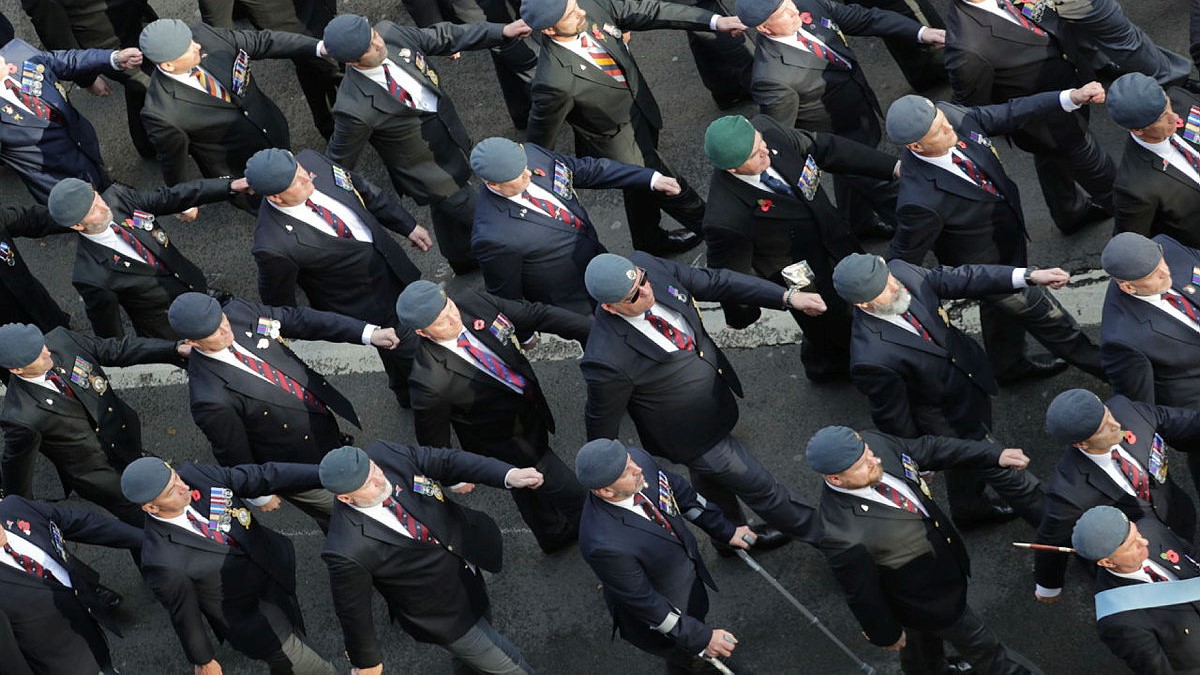
March past Cenotaph on Remembrance Sunday opened up to more veterans

For the first time veterans who are not affiliated to a military association can sign up to attend the March Past the Cenotaph on Remembrance Sunday.
The annual march, which this year falls on 12 November, involves nearly 10,000 veterans marching past the Cenotaph in Whitehall to commemorate the service and sacrifice of all those who have served in the military.
Before the latest policy change by the Royal British Legion (RBL), veterans who were not part of a regimental, unit, or service association could not participate in the event, and only members of associations could apply.
Now in a bid to get the widest cross-section of the Armed Forces community, the eligibility has been changed for a limited number of additional places to be made available this year.
Philippa Rawlinson, Director of Remembrance at the RBL, said: "Remembrance Sunday is a poignant occasion for many, and opening the event to more of the veteran community was incredibly important to us.
"That is why it is important for us to allow as many veterans as possible to be directly involved in remembrance and to share their experiences with the 10,000 that will be at the March Past on Remembrance Sunday."
The application process will start on September 1, with veterans not affiliated with military associations encouraged to apply.
Applicants need to provide proof of their service via one of the methods in the application form, like the UK Armed Forces Veteran ID Card.
It is on a first-come, first-served basis, and the application process closes on September 29, or when the places are full, the RBL said.
This comes after the Garrison Sergeant Major of London District warned younger veterans to use their regimental associations or run the risk of losing them altogether last month.
In a poll on X, formerly Twitter, run by Forces News on whether regimental associations need to modernise to appeal to younger veterans, 78.1% of respondents said ‘yes’.
Out of the 201 votes cast, 13.4% said they were not sure, and 8.5% said ‘no’.

